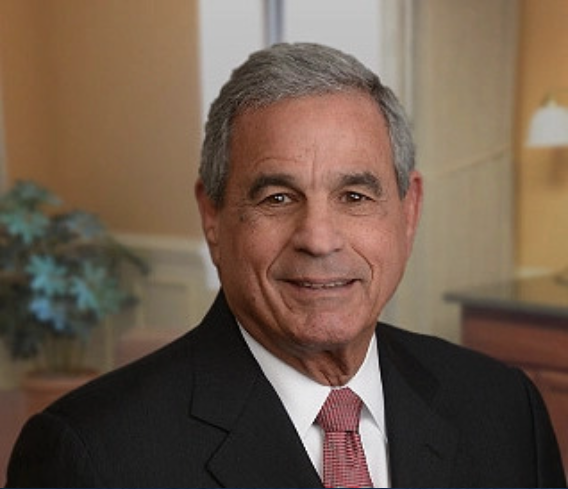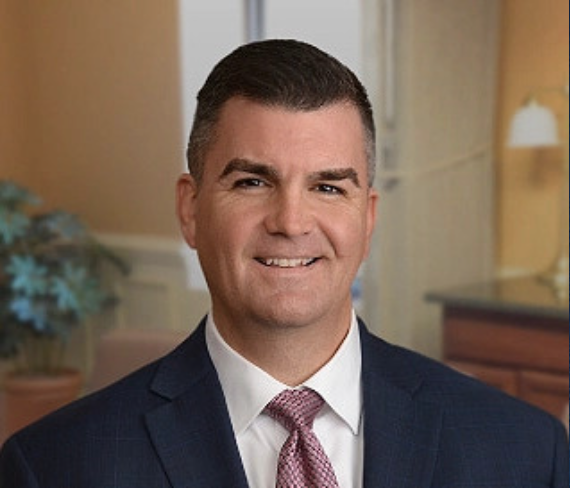The phrase juvenile delinquency is applied in cases where a minor (an individual under the age of 18) has broken the law. These cases are often heard in family court, but other times could be heard in municipal court. The goal of the courts here is to rehabilitate the minors and ensure they stay out of trouble for public safety.
What happens at the hearing?
A parent/guardian must appear in court with the child. Here you will learn what the charges are, whether or not the child will be detained and whether or not they will require legal representation. In the event that the case is heard outside of the court, it’s still best to assess the legal rights of the child.
Will my child be detained?
The court can decide to hold your child in a juvenile facility if,
- They have a previous juvenile record.
- They are facing serious charges.
- They are a risk to public safety.
- They fail to honor a set court date.
- They fail to remain in a court placement.
The court decides upon bail within 48 hours of the child being detained.
How are juvenile cases resolved out of court?
- Informal hearing
A judge decides whether or not the child is delinquent and sets conditions to ensure their rehabilitation, such as community service, fines, probation, etc.
- Juvenile Conference Committee (JCC) or Intake Services Conference (ISC)
You, your child and the complainant avail yourselves for an informal discussion, the goal is to reach an agreement that serves all parties. The judge has to approve any agreements which might have conditions such as paying damages, curfew, counseling etc.
- Juveniles referees
These are usually trained court staff who preside over juvenile hearings and then forward their recommendations to the judge regarding your child’s delinquency or lack thereof. Recommendations may include conditions such as community service and counseling but the judge has final approval.Juvenile delinquency is a problem that should not be taken lightly, as it can have serious consequences for the juvenile and society as a whole. There are many different causes of juvenile delinquency, including family problems, emotional problems, and exposure to violence. The best way to prevent juvenile delinquency is by early intervention and prevention programs that address the root causes of the problem. Juvenile delinquents shouldbe provided with support and rehabilitation so that they can become productive members of society.











